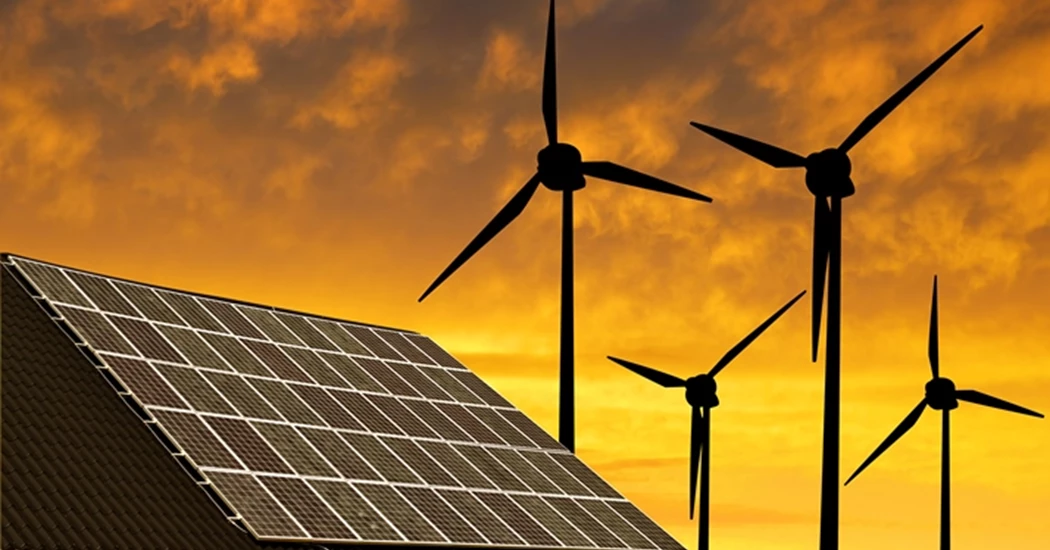Renewable energy set for record year in 2022 powered by solar and wind
The renewable energy sector is set for a record year in 2022, bolstered by new capacity for generating electricity from solar, wind and other renewables as governments worldwide increasingly seek to boost energy security and climate benefits, according to the International Energy Agency.
The world added a record 295 gigawatts of new renewable power capacity in 2021, overcoming supply chain challenges, construction delays and high raw material prices, according to the IEA’s latest Renewable Energy Market Update.
But this year is set to eclipse 2021, with global capacity additions expected to rise to 320 gigawatts – equivalent to an amount that would come close to meeting the entire electricity demand of Germany. Solar PV is on course to account for 60 percent of global renewable power growth in 2022, followed by wind and hydropower, the IEA report said.
The agency attributed the growth in capacity mainly to photovoltaic energy in China and Europe respectively, despite the rallying energy prices and global supply chain constraints.
“Energy market developments in recent months – especially in Europe – have proven once again the essential role of renewables in improving energy security, in addition to their well-established effectiveness at reducing emissions,” IEA Executive Director Fatih Birol said in a statement.
“Cutting red tape, accelerating permitting and providing the right incentives for faster deployment of renewables are some of the most important actions governments can take to address today’s energy security and market challenges, while keeping alive the possibility of reaching our international climate goals,” he added.
In the European Union, annual additions jumped by almost 30 percent to 36 gigawatts in 2021, exceeding the bloc’s previous record of 35 gigawatts set a decade ago.
The additional capacity commissioned for up to 2023 can significantly reduce the European Union’s dependence on Russian gas in the power sector. However, the report warned that actual contributions will depend on the success of parallel energy efficiency measures to keep energy demand in check.
The IEA also warned that renewable power’s global growth is set to lose momentum next year – with the amount of renewable capacity added worldwide is expected to stymie in 2023 in the absence of stronger policies. The continued progress for solar in renewables will be offset by a 40 percent decline in hydropower expansion and little change in wind additions, it said.





